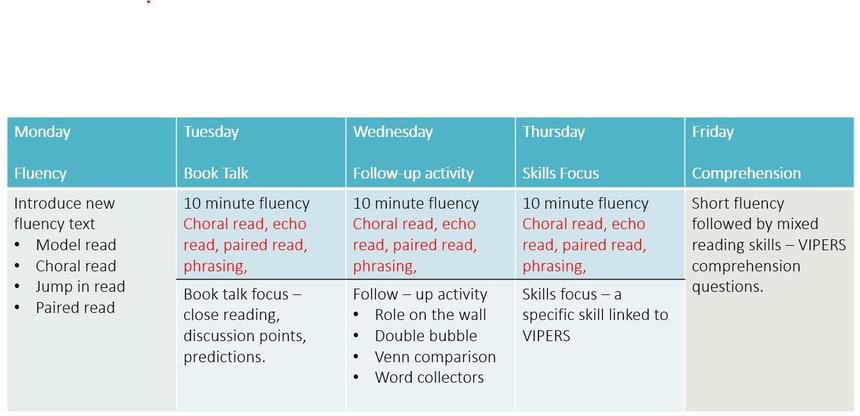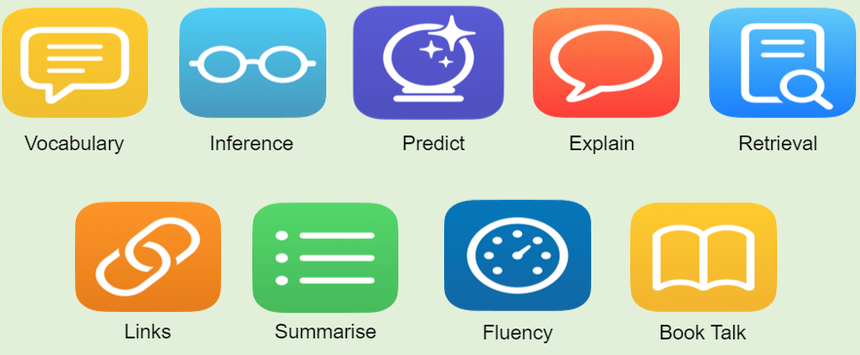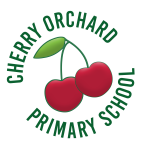Reading
INTENT
At Cherry Orchard Primary School, we provide our pupils with a high-quality education in English that will teach them to speak, read and write fluently so that they can communicate effectively.
We encourage and inspire all pupils to read widely across both fiction and non-fiction to develop their knowledge of themselves and the world in which they live and to gain knowledge across the curriculum. We aim to establish an appreciation and a love of reading and to develop pupils’ comprehension skills.
It is our intention to ensure that, by the end of their primary education, all pupils are able to read fluently, and confidently and will be lifelong readers who read for pleasure.
IMPLEMENTATION
Pupils learn to read using an effective synthetic phonics programme. At Cherry Orchard, we use Ruth Miskin’s Read, Write, Inc scheme (see our phonics section for how this is implemented).
In Years 2 to 6, reading is taught through daily guided reading sessions. Each week, all pupils are immersed in an age-appropriate text. This may be the whole text or an extract, which is high-quality and language rich.
Throughout the school, we structure our lessons using a consistent approach with a common language so that children are able to build on previous learning.
An example reading week can be seen below:

Visual symbols are used to support the children’s understanding of the different reading skills. These are displayed in every classroom.

Texts that have been read in class are also displayed to celebrate the fact we put a significant emphasis on the importance of reading. Book corners are de-cluttered, with forward-facing books, so that pupils can easily access quality texts.
Every class has the opportunity to regularly visit our school library, which provides a large range of quality resources. The pupils are encouraged to borrow books to enjoy pleasure at home. The library is also open after school, once a week, so that other family members can enjoy our texts.
Throughout the school, we have a book banding system which the children select their ‘fluency’ book from. In EYFS and Key Stage One, this book is closely matched to their phonic knowledge and is a book they have read multiple times in class already. In Key Stage Two, the fluency book is closely matched to their word level and accuracy rate. We ensure that the child can read at least 95% of the text so that they feel like a successful reader and do not struggle. We focus on building the children’s fluency, as we know that this has a huge impact on their understanding.
Every day, teachers read to their class. We select engaging books for each year group, many chosen from the 50 recommended reads - Year Group Recommended Reads. This ensures that the class reader is an engaging, age-appropriate text, which introduces the children to different cultures and authors. This time is for pure reading enjoyment!
We acknowledge pupils who need additional reading support through on-going formative and summative assessment. The lowest 20% of readers in each year group are heard regularly by an adult. This includes reading to a teacher, a teaching assistant or a volunteer. Our volunteers are trained to support our pupils, so that they have an impact on their reading development. We also identify groups of pupils to take part in our Reading Fluency intervention. This last for 6-8 weeks. The sessions focus on Echo Reading and Comprehension style questions.
To maintain a passion of reading across the school, we take part in lots of events such as World Book Day, World Poetry Day and National Story Telling Week. We also invite visiting authors to school, to share their top tips with us!
IMPACT
- All pupils will be fluent readers
- Pupils’ knowledge across the curriculum will be enhanced by their ability to read and research in all subjects
- Pupils will enjoy reading and will want to read for pleasure
- Pupils will be able to talk confidently about a range of texts and discuss their favourite author, providing reasons for their choice
- Pupils will have a wide vocabulary that they will be able to apply within their own writing
- The percentage of pupils working at age-related expectations and above age-related expectations within each year group will be at least in line with national averages and will match the ambitious targets of individual children
- There will be no significant gaps in the progress of different groups of pupils (e.g. disadvantaged vs non-disadvantaged)
- Parents and carers will have a good understanding of how they can support reading at home, and will contribute regularly to home-school records
- Year 6 readers will be ‘secondary ready’: fluent, confident and able readers, who can use their reading skills to unlock learning in all areas of the curriculum
